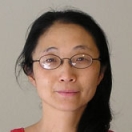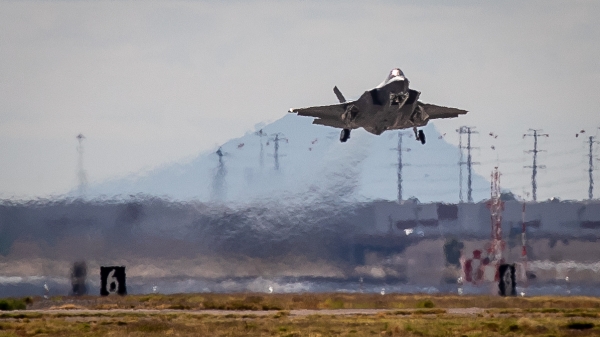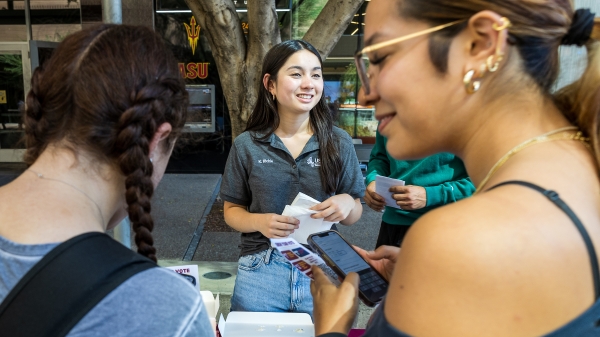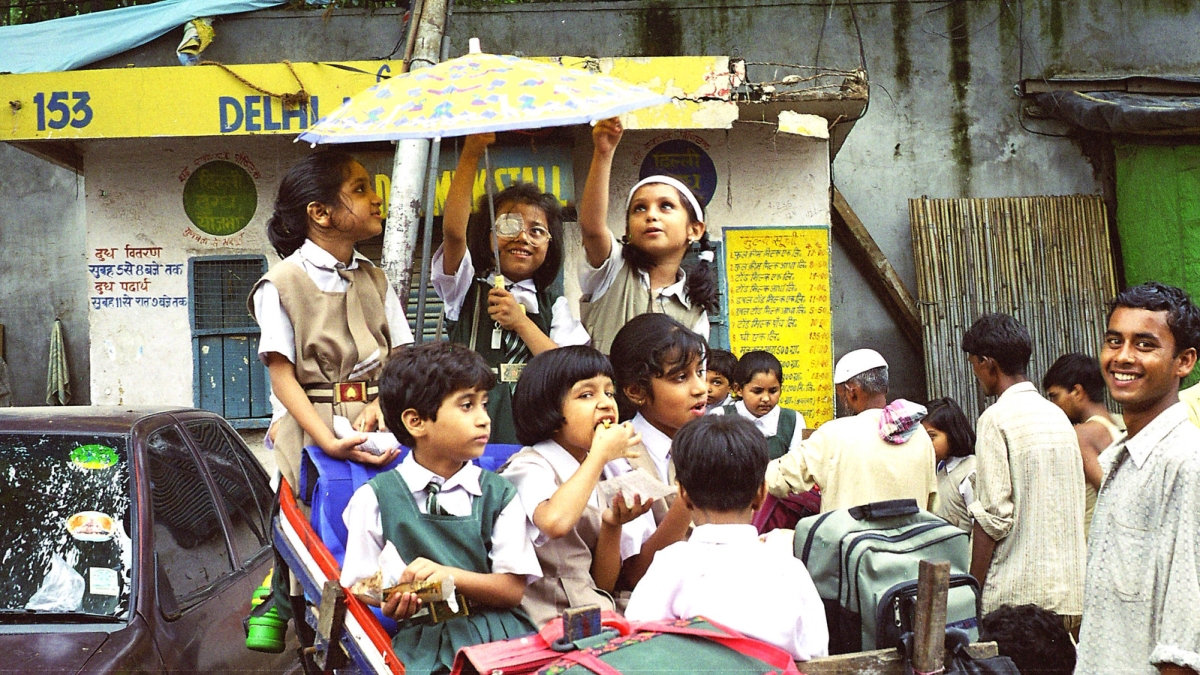Wei Li is has spent the past several months working on a prestigious Fulbright project — for the second time.
Li recently returned from New Delhi, where she was the Fulbright-Nehru Senior Scholar at the Zakir Husain Centre for Educational Studies at Jawaharlal Nehru University.
Li studies intellectual migration — when highly educated and skilled people leave or return to their home countries. She has been researching these coveted workers for nearly 20 years, including a Fulbright project in Canada 10 years ago.
“Studying them has broader impacts on the global migration dynamics in the context of ‘the global race for talent,’ " said Li Wei Li was a visiting professor at Hua Qiao University, Xiamen, China, in 2012., a professor of Asian Pacific American Studies in the School of Social TransformationThe School of Social Transformation is an academic unit of the College of Liberal Arts and Sciences. at Arizona State University.
Wei Li was a visiting professor at Hua Qiao University, Xiamen, China, in 2012., a professor of Asian Pacific American Studies in the School of Social TransformationThe School of Social Transformation is an academic unit of the College of Liberal Arts and Sciences. at Arizona State University.
“Given that I was born and raised in China and familiar with the Chinese situation, I decided to go out of my comfort zone to apply for a Fulbright in India to work with my long-term collaborator.”
Li answered some questions about her work and the Fulbright experience.
Question: Please give an overview of your research project in India.
Answer: The objective of this project is to further develop a new conceptual framework of intellectual migration by examining international migration intention among Indian college students and the roles of highly skilled Indian returnees from the U.S. in Indian academia and federal government.
The project will deploy a mixed-method approach of quantitative (data collection and analysis) and qualitative (interview) methods.
Collaborating with my Indian hosts, this project is an integral part of a larger project to examine a spectrum of intellectual migration (pre-migration domestic students, migrating students/ professionals, and return/onward migrants) in transnational connections and brain circulation.
Q: Why did you decide to pursue this project?
A: I have specialized in international migration in my 19-year career in the U.S., starting with analyzing migrants’ settlement patterns and integration in North America, and their transnational connections to their home countries and beyond. My first Fulbright was in Canada 10 years ago to continue that line of research.
Since becoming a full professor in 2011, I have increasingly focused on highly skilled international migration, including home-country-based work and collaboration. I have co-published a few pieces on Chinese and Indian highly skilled migration, largely based on census data comparison.
The natural next step was to conduct grounded fieldwork to get more nuanced understanding of the phenomenon as China and India are the two most populous countries in the world, and also home to the world largest population of international students and highly skilled professionals.
Q: How will your project in India relate to your work at ASU?
A: This project in India is part of all my work at ASU. I also hope to contribute to a South Asia-related curriculum for better mutual understanding, and if possible contribute to some institutional collaboration and cooperation.
Q: What was the best part of your experience there?
A: Getting to know a great country and civilization and its people (including academics) with on-the-ground experiences. I feel that the university I am affiliated with, Jawaharlal Nehru University, is India’s version of Harvard, Yale or Berkeley in the U.S. — an elite higher-education institution as a breeding ground for future leadership, but also a hotbed of social movement. It has become the eye of the storm in India’s politics. Being able to witness it on daily basis is the best opportunity for me as I attempt to understand “Incredible India” (which is a buzz word for India tourism).
Q: Have there been any challenges?
A: As people in the U.S. are aware, there are some challenges in India, and they can pose difficulties in our life and work there. But challenges also bring rewards. I’m staying at the Aravalli International Guest House on campus atop a hilly area. I saw nature in full display right outside my window: beautiful singing birds, proud parading peacocks and magnificent roaming “neel gui” — blue cows, a protected species in India.
More Local, national and global affairs

Thunderbird at ASU, AUK student appointed as Ukraine’s deputy minister of education and science
Nadiia Kuzmychova, a student in the Master of Leadership and Management (MLM) program at Thunderbird School of Global Management at Arizona State University and the American University…

ASU creates pathways to public service careers for military students
The School of Public Affairs at Arizona State University is making careers in public service easier to access for military students.Next year, the school will start holding graduate courses on site…

Minting community leaders and stellar citizens: ASU’s Public Service Academy approaches 10-year milestone
Airports that are easier to navigate.Health care that is simple to access.Helping underrepresented youth reach college.These are realities that alumni of Arizona State University’s Public Service…
